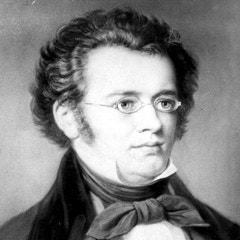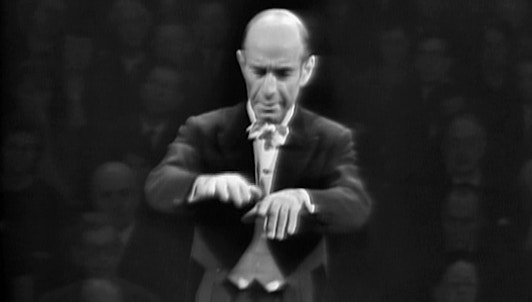
A contemporary of Ludwig van Beethoven, Franz Schubert spent his entire life simply and modestly in Vienna. His father had destined him for a career as a schoolteacher but his musical gifts overshadowed everything else as Schubert composed his first works aged twelve and his first masterpiece at seventeen, Gretchen am Spinnrade. From 1815 onwards, the composer entirely devoted himself to his music and left an immense work comprising more than six hundred Lieder, fifteen operas, nine symphonies and numerous sonatas and chamber music.
Читать далее



Бостонский симфонический оркестр, 1962-1964
